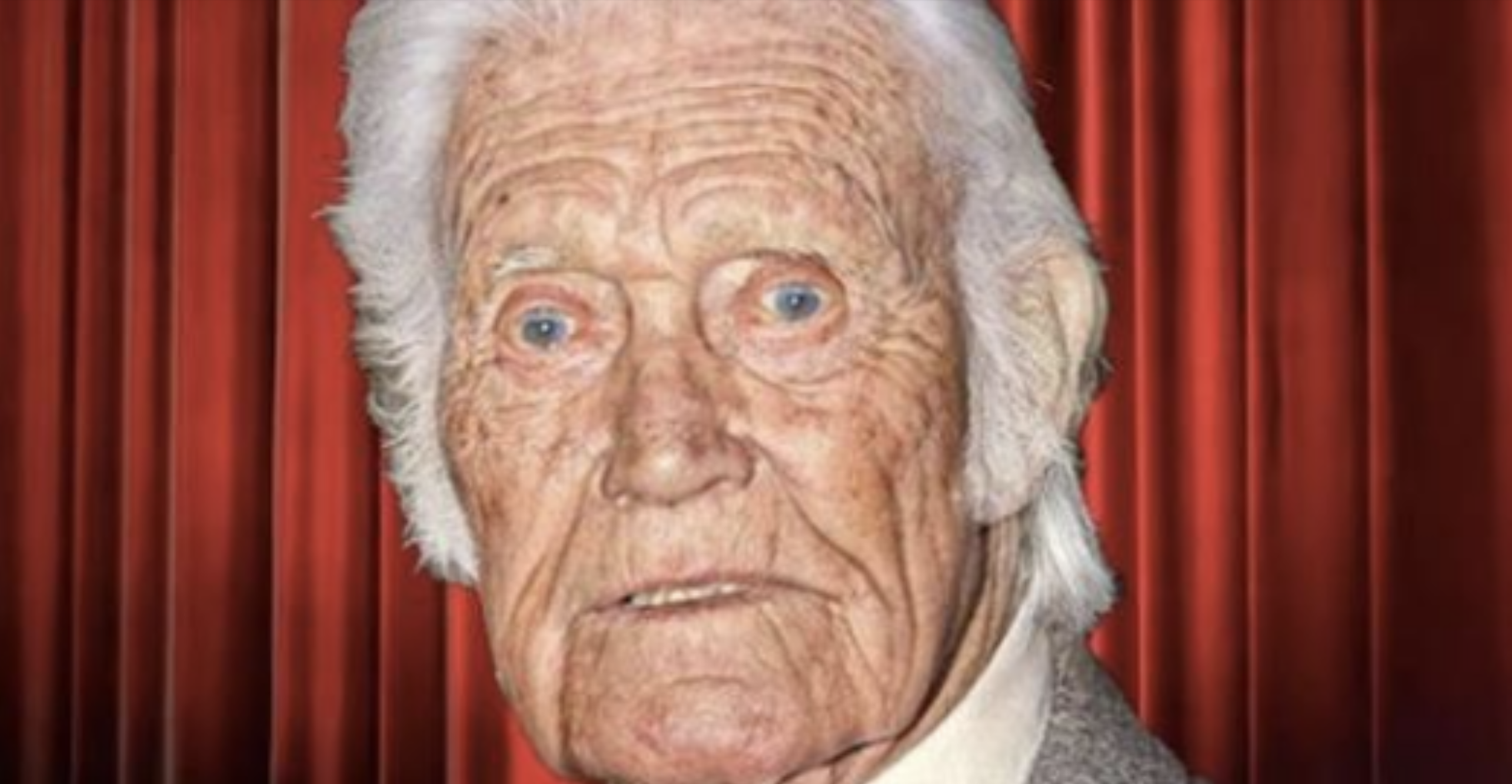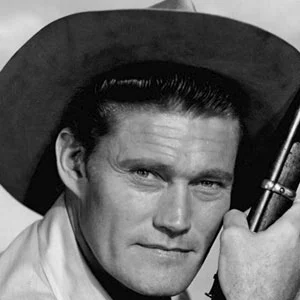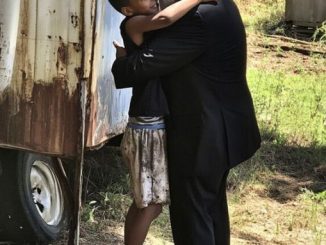Some people dream, some don’t, or at least they don’t remember doing so.
But do dreams mean anything? Well, while people are convinced dreams are a form of messages received by forces we are unable to see or feel while wide awake, some scientists claim that dreams are simply a result of neuronal processes taking place within our brain.
While we are asleep, our brains are anything but.
Sometimes, dreams happen as a reflection of the day that passed, and other times they represent our fears. But what does it mean when we dream of a deceased person?
These dreams can be seen as part of the process of grieving or a transition that takes place in our own life. According to Healthline, it has to do with the latter.
These dreams are common when we experience certain changes, such as getting a new job, moving places, or meeting someone new.
What is most important than the dream itself, however, is how it make us feel.
Rubin Naiman, who has a Ph.D. in psychology, spent years of his life studying sleep patterns and habits. According to him, “Dream interpretation is about decoding the dream. It enlightens us and expands our awareness psychologically, [offering an] expansion of consciousness.”
So, dreaming of someone who is no longer alive may be related to the changes mentioned above and how those changes affect us.
”A lot of contemporary neuroscientists believe during REM sleep, the brain is involved in maintenance tasks, and it accidentally ‘kicks up dust,’ visually. At that end, dreaming is considered totally meaningless.” On the other hand he explains, “The other end is that dreaming is more substantial than waking. And we see this in ‘dream cultures,’ such as the indigenous people of Australia, who believe dreaming is intrinsic to our spiritual existence.”
Experts place these dreams into four categories.
- First, dreaming of a deceased person may be interpreted as the brain trying to work through the pain of the loss.
- If we hadn’t made amends with the deceased person before their passing, we may feel guilt and that might be the reason why they visit us in our dreams.
- According to Lauri Loewenberg, a dream analyst, we may be dreaming of a deceased person if we see some of their behaviors, such as substance abuse or else, in ourselves.
- There are experts who believe that these dreams represent a visitation from the deceased person, especially if we see them in a good condition in our dream, meaning they are well dressed or seem happy. If we feel good about the dream, it may mean that the deceased person says ‘Hello.’
No matter what we feel about dreams, the truth is that they offer something deep and meaningful. They often give us insight into the soul and our connection with the deceased person that we see in our dreams.
He Was the Rifleman, Now Chuck Connors’ Secrets Come to Light

Chuck Connors, a name linked with vintage Western television, rose to fame as a result of his memorable performance as “The Rifleman’s” Lucas McCain. The transformation of Connors from athlete to actor is amazing and motivating. His initial success came in the sports industry. He was born in 1921. His brief but unforgettable MLB career began in 1940 when the Brooklyn Dodgers recognized his baseball potential.

But it didn’t take him long to feel the need to act. Connors entered the movie business in the early 1950s, and his breakout performance came in the 1952 picture “Pat and Mike.” However, his role as McCain in “The Rifleman,” which debuted in 1958, is what really solidified his reputation on television. In the role of McCain, Connors embodied the physicality and emotional depth of a dedicated rancher from New Mexico. He gave the role his all, whether it was performing stunts or learning how to ride a horse. The authentic relationship he had with his on-screen son, Johnny Crawford, was one of the show’s highlights.
Beneath his heroic façade on television, Connors had a difficult personal life. His on-screen portrayal as the perfect parent figure stood in stark contrast to his real-life troubles. The guy behind the character became more complex as a result of his multiple marriages and extramarital encounters. Connors’ clean TV appearance was further undermined by the obvious age difference in his personal connections.
Connors was notable in Hollywood for his political views as well. He openly backed politicians like Ronald Reagan and Richard Nixon, in contrast to many of his liberal Hollywood contemporaries. Because of this, he stood out both on and off screen.

It was difficult for Connors to get rid of Lucas McCain’s shadow when “The Rifleman” concluded. He tried his hand at a number of TV and movie roles, but none of them was as memorable as McCain. He brought the cherished character back for a short while in a 1991 TV film around the tail end of his career. Regretfully, he lost his fight with lung cancer and died at the age of 71 in 1992.
Chuck Connors had a great career and personal life, but he also left a lasting legacy in entertainment. He has a star on the Hollywood Walk of Fame in recognition of his contributions to vintage westerns and the Golden Age of Television. Despite his share of flaws, Connors’ genuine decency and enduring influence on screen guarantee his position in television history.



Leave a Reply